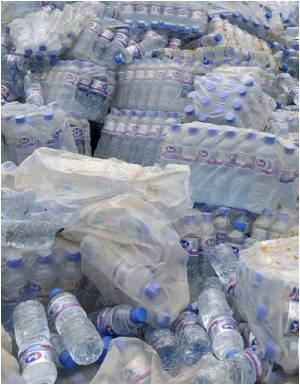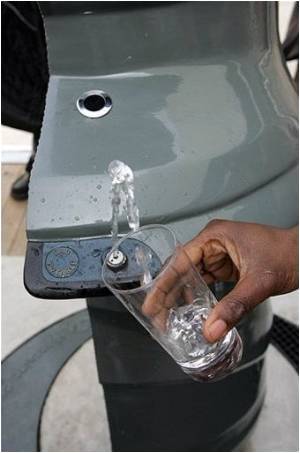A new study in North America has shown that children exposed to high concentrations of manganese in drinking water performed worse on tests of IQ than kids with lower exposures.

In several regions of Quebec and Canada and in other parts of the world, the groundwater contains naturally high levels of manganese.
This is the first study to focus on the potential risks of exposure to manganese in drinking water in North America.
The study, carried out by researchers at the Universite du Quibec a Montreal, the Universiti de Montrial and the Ecole Polytechnique de Montrial, examined 362 Quebec children, between the ages of 6 and 13, living in homes supplied by with groundwater (individual or public wells).
For each child, the researchers measured the concentration of manganese in tap water from their home, as well as iron, copper, lead, zinc, arsenic, magnesium and calcium.
The amount of manganese from both tap water and food was estimated from a questionnaire. Finally, each child was assessed with a battery of tests assessing cognition, motor skills, and behaviour.
Advertisement
The average IQ of children whose tap water was in the upper 20% of manganese concentration was 6 points below children whose water contained little or no manganese.
Advertisement
Source-ANI















